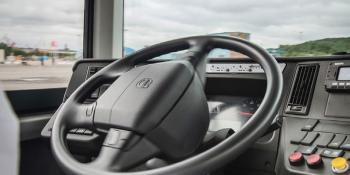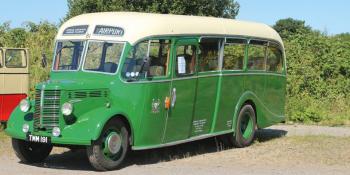Is the new emission regulation a missed opportunity for the city’s bus operators? MARTIN CURTIS reports
On Monday November 28, 2022, after several delays, Bristol became the latest UK city to introduce a Clean Air Zone (CAZ) as part of efforts to improve air quality.
In recent years, a number of traffic flow restrictions had already been installed around Bristol’s central area which has reduced options for driving through the heart of the city. This latest measure will further alter travel patterns.
Bristol has opted to introduce a category D zone, which is more severe than nearby Bath’s CAZ (already reported in Buses), but the city claims already 71% of vehicles travelling into Bristol meet the new requirements. This no doubt has been aided by Bristol’s largest bus operator, First, having introduced an extensive fleet of biogas powered buses in recent years while the remainder of First local buses are almost entirely Euro6 diesel powered.
Any bus, coach or heavy goods diesel vehicles which do not reach Euro6 standards will be charged £100 per day, while non-compliant cars, taxis and vans will pay £9 per day. To escape a charge, lighter vehicles must be at least Euro6 diesel or Euro4 petrol or better.



